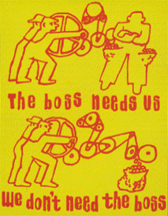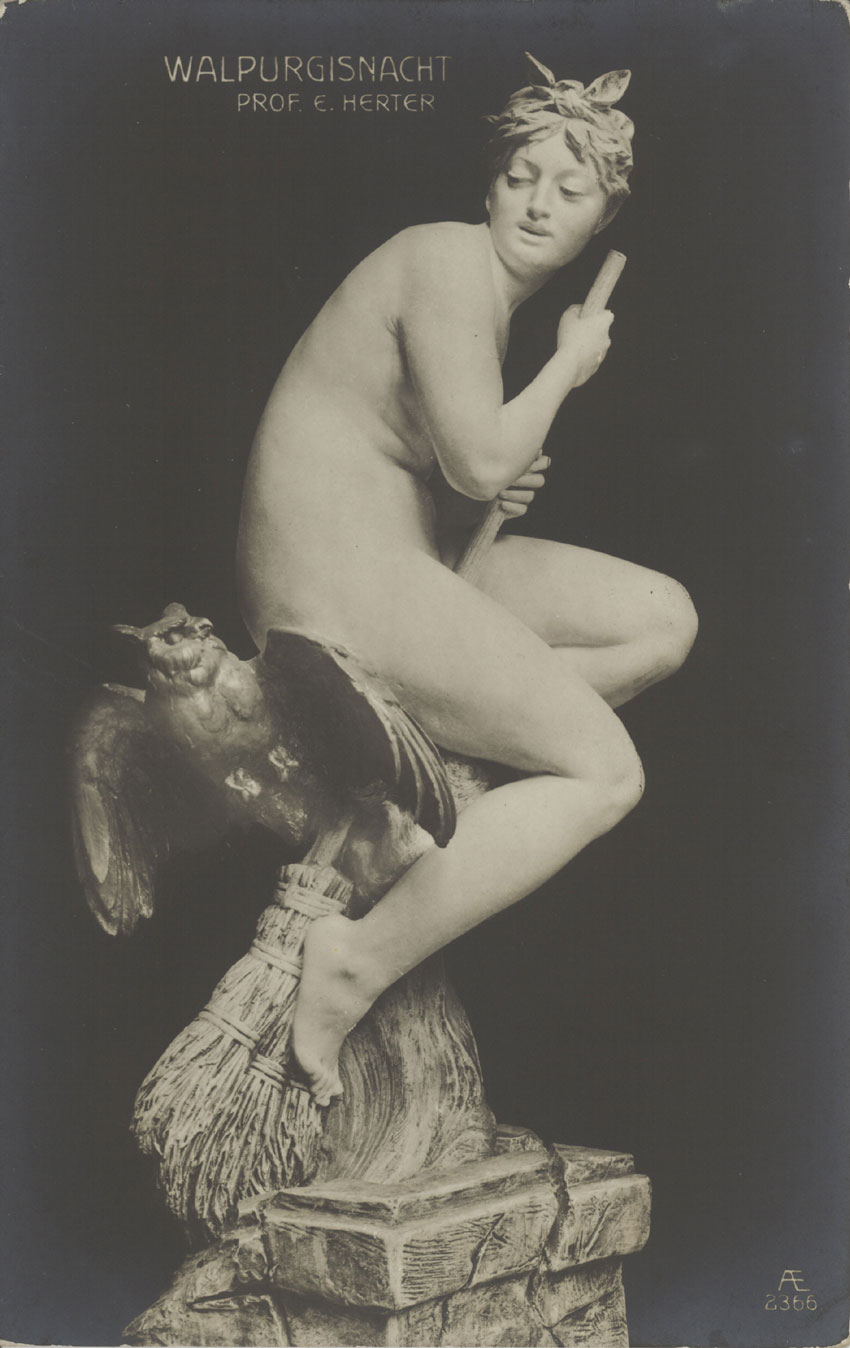SEE:Under the headline "It is time for an energy revolution right now," Castro, 80, addressed US-Brazilian cooperation on biofuels, and urged that the issue be discussed on International Workers' Day.
"Insatiable in its demand, the empire has called on the world to produce biofuels to free the United States from dependence on imported oil," Castro wrote in the Communist Party newspaper Granma.
"Nothing is stopping US and European capital from financing biofuels. They could even give the funds to Brazil and Latin America.
"And the United States, Europe and other industrialized countries would save more than 140 billion dollars every year, with no concern whatsoever for the fallout in terms of climate change and hunger, which will affect developing countries the most.
"They will always have enough money left over for biofuels and buying at any price whatever food is available in the global market."
Among other things, Castro called for a wholesale replacement of incandescent lights with fluorescent bulbs, and massive replacement of domestic and commercial systems using older technologies that require two to three times more energy than new systems.
The New Cuban Revolution
Find blog posts, photos, events and more off-site about:
John Baird, bio-fuel, Canada, CPC, Cuba, Castro, Green, Climate Change, light bulbs, Conservatives, made-in-Canada, Kyoto, environment, Fraser-Institute, Harper, autarch, autarchy, green-energy,
Suzuki, CBC, Cuba, Green-Revolution,







